
A place for stories about chronic illness, disability, mental health, and neurodivergence.
Short Stories
-
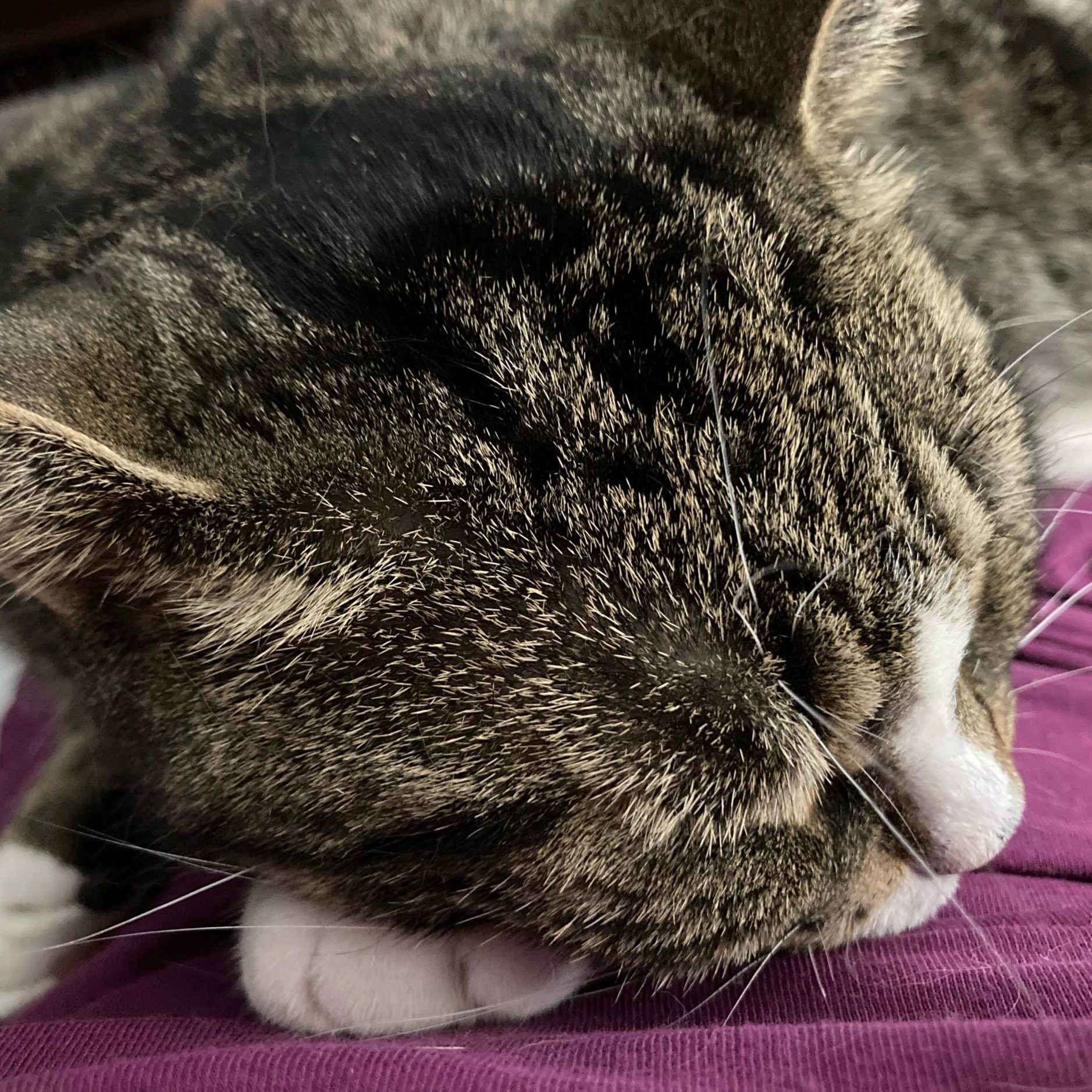 By Jessica Cook
By Jessica CookIn her short story, Wiltshire-based writer Jessica Cook relays how to fall in love with someone who will inevitably leave.
-
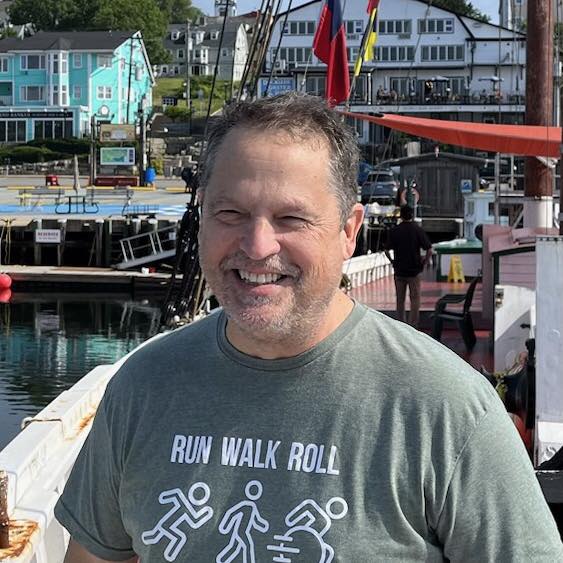 By Phil Scearce
By Phil ScearceIn his prose poem, survivor Phil Scearce writes about what it’s like to live after recovering from cancer.
-
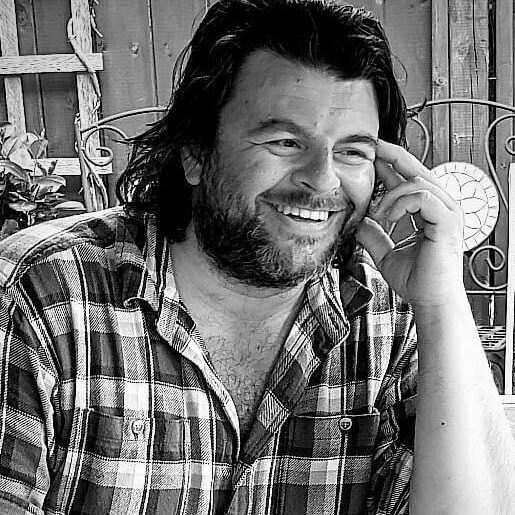 By Alfredo Salvatore Arcilesi
By Alfredo Salvatore Arcilesi“And outside of this customary exchange, outside of this playground within a playground, Lucretia felt relief, for the little girl and boy had yet again successfully avoided recreating the history that had taken place there.”
-
 By Zianna Ruiha
By Zianna RuihaIn her short story for Knee Brace Press, Zianna Ruiha introduces us to Eppi Girl, a disabled people pleaser who wants nothing more than to tell her coworkers that her body is none of their business.
-
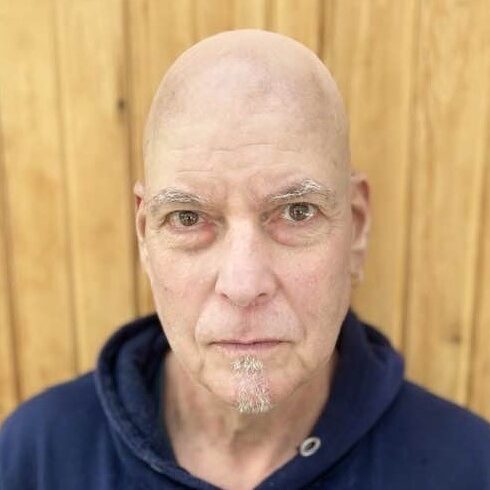 By Steven Mayoff
By Steven Mayoff“Now you can’t help thinking that the first call being made is to order beer. You look up at Jerry, knowing you should say something, then look down helplessly at all these pieces of the disassembled frame as if they are parts of a puzzle you know in your heart won’t fit together.”
-
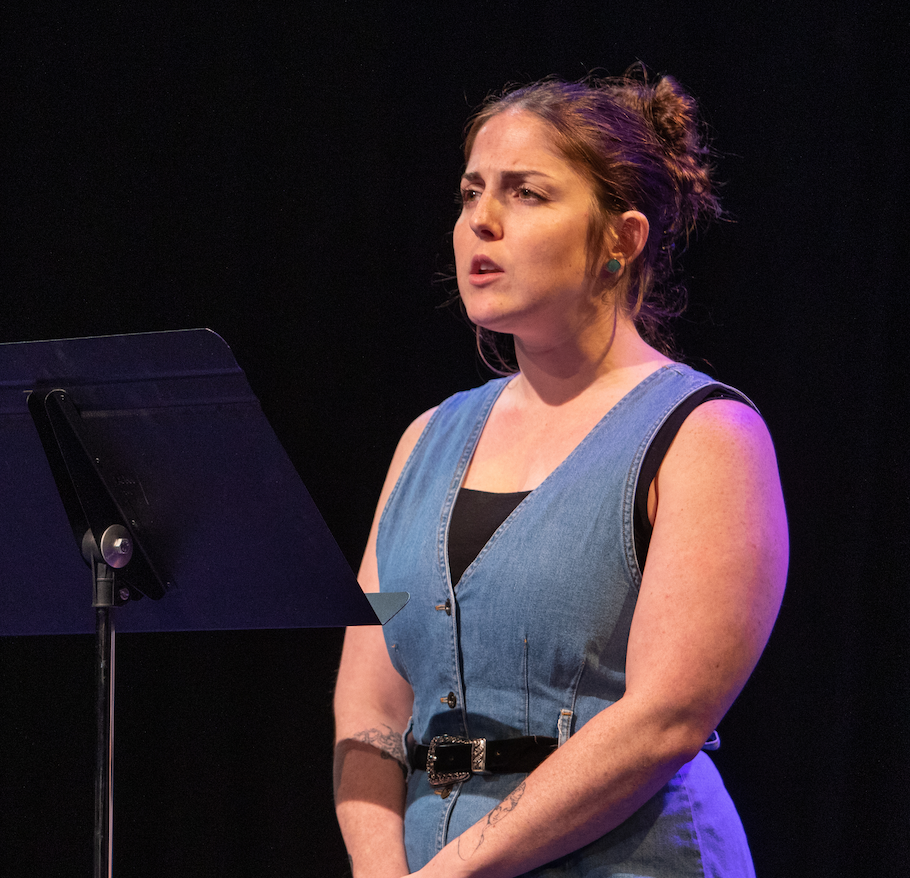 By Ericka Russell
By Ericka RussellImagine a world where suicide can be simulated through virtual reality. This is the context of Ericka Russell’s short story, Suicide Simulation, and the basis for the ethics the main character must grapple with.
-
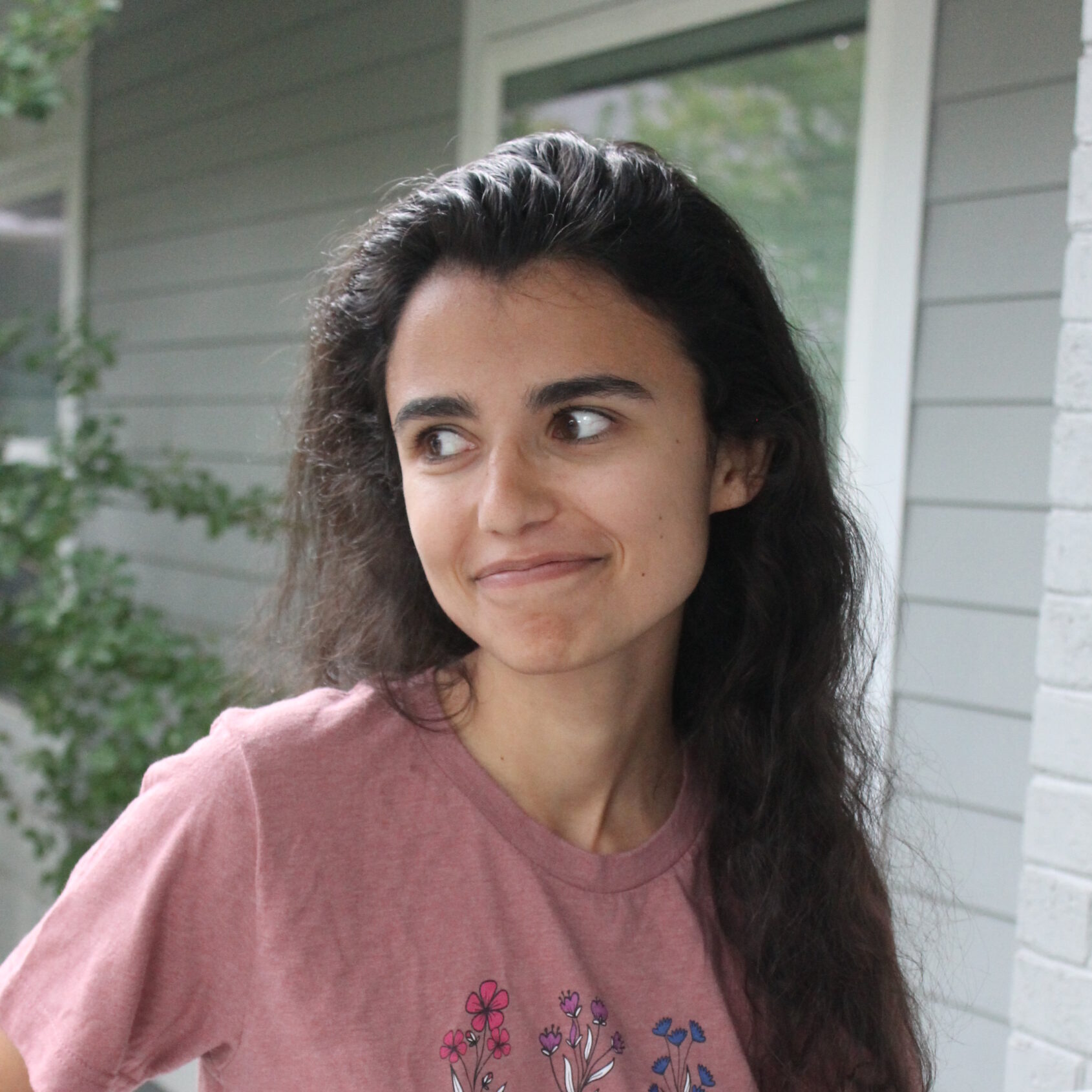 By Nicole Zelniker
By Nicole Zelniker“You are born drowning. At the bottom of the ocean, your lungs fill with saltwater and sludge. Anglerfish light the immutable night, bright white spots catching on their jagged teeth and misshapen eyes.”
-
 By EJ Croll
By EJ CrollEJ Croll’s speculative short story, Spoons, is about their own experience of chronic fatigue, chronic pain, and the frustration of living with these limitations.
-
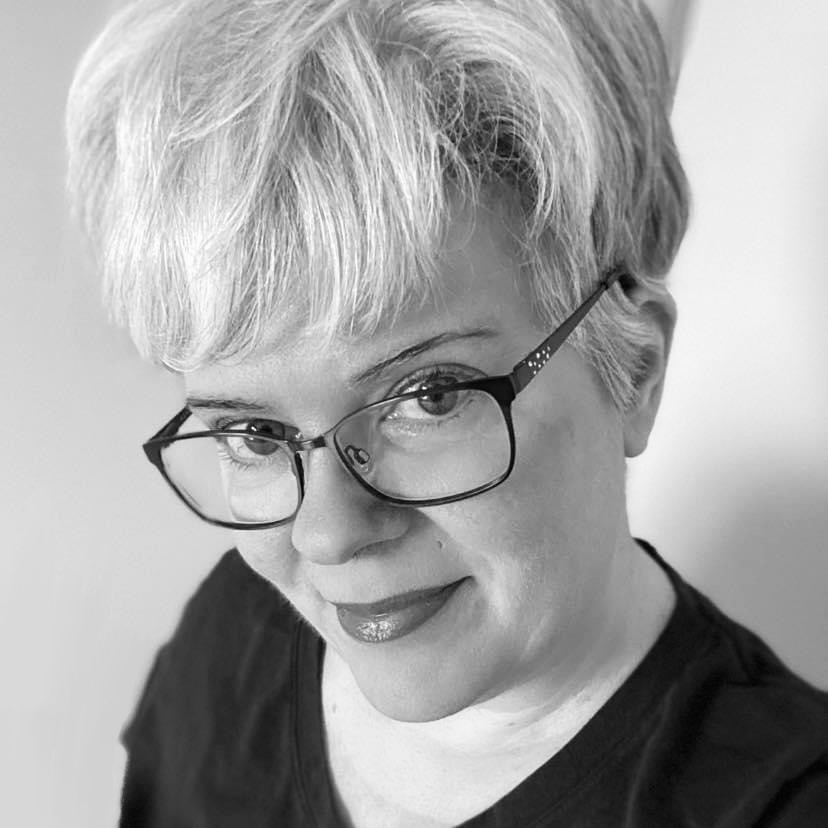 By Cait Gordon
By Cait GordonIt’s the end of the world. Then again, we Spoonies have always been able to adapt. While the non-disabled, richest one percent were hidden underground in bunkers during the catastrophe, a network spearheaded by a disabled woman had secretly gathered to protect the most disregarded of the population.
-
 By Jamieson Wolf
By Jamieson Wolf“We were friendly with the dark.” So begins Jamieson Wolf’s To Thrive in Darkness, a short story where the characters live in a fictional labyrinth, but the narrator’s experiences with disability are strikingly similar to Wolf’s own experiences with multiple sclerosis and cerebral palsy.